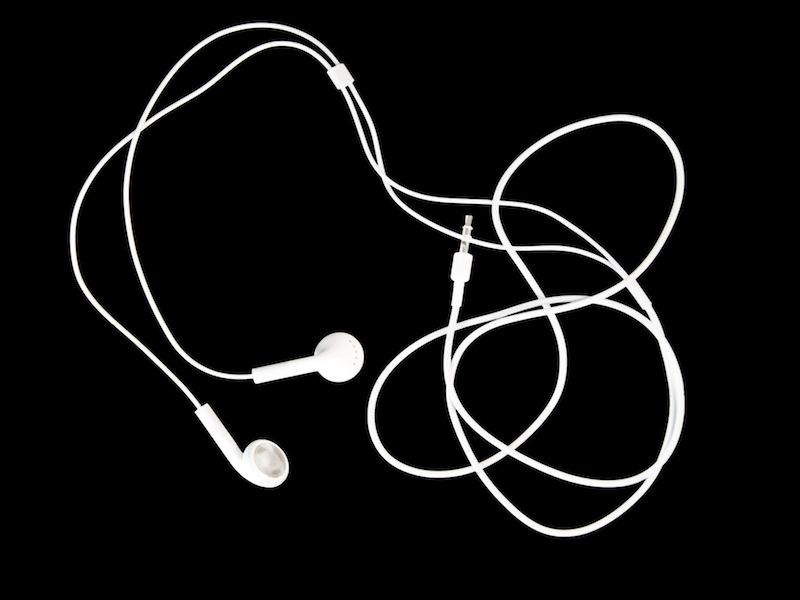
You don’t need to feel like your alone if you haven’t had a hearing exam since you were a youngster. Sadly, we have a habit of treating hearing loss reactively rather than proactively, and a normal adult physical generally doesn’t include a hearing test. As a matter of fact, even when they recognize they have hearing loss, most people neglect it for up to seven years which can severely affect your health. In fact, over time, it’s been proven that your general health cost will go up if you have untreated loss of hearing.
The good news, In order for our hearing professionals to help you, we suggest a hearing test which is simple, painless and supplies a wide range of important information. Both to find out if interventions such as hearing aids are helping you and also for diagnosing potential hearing problems. When you were younger, you may remember the audiometry test from school, but a full hearing test will give you a better understanding of your hearing without a sticker or a lollipop.
While you may not give the state of hearing as much thought as you do the health of your eyes or your teeth, it is essential that you regularly have your hearing checked. You may not notice an issue with your hearing for a long time. Loss of hearing normally happens gradually, and the sooner you detect a problem with your hearing, the sooner you may be able to fix it.
When Should You Get Tested?
All infants should be screened for hearing loss, and usually, the hospital handles that before they are released. Teenagers should be screened during regular checkups with their physicians and children should have formal hearing exams at the ages of 4, 5, 6, 8 and 10 years old according to The American Academy of Pediatrics.
It’s suggested that if you are between the ages of 18 and 49, you get your hearing tested every five years and then, as you get older, more often. After you turn 60 you should get checked every two years and if you are in between 46 and 60 every three. But you may need to get tested more often. Your specific circumstances will determine when you need to get a test. If you notice your hearing isn’t as good as it used to be, you should have it examined right away. Neglected loss of hearing has been associated with mental decline, depression and increased risk of falling and other health problems. It can also influence your relationships and your ability to work effectively.
And you should get a hearing test, in some situations, as soon as you can if you have hearing loss that is getting worse quickly. An immediate hearing test is advisable if:
- Conversations are difficult to hear when you are in a crowded area especially
- Your ears have constant ringing in them
- You find yourself having to constantly ask people to repeat themselves
- You are experiencing vertigo
- There is earwax buildup or you had an ear infection
- It is difficult to pinpoint where sounds are coming from
Whether you are at risk of hearing loss is another factor. You should get your hearing checked more frequently, as an example, if you are subjected to loud noise or if hearing loss runs in your family.
Also, over 200 ototoxic medications exist. These drugs can be extremely harmful for your hearing and they range from certain antibiotics to aspirin. Check with your doctor to make certain any medicines you are taking aren’t impacting your hearing. Consider getting your hearing tested more often in order to address any hearing loss immediately if you are using any ototoxic medications.
Also, think about your habits and whether they might contribute to hearing loss. Frequently using your earbuds? There’s been a significant increase in younger people with hearing loss, which many experts connect to the increased use of earbuds and other headsets. shows, loud concerts, and machinery can also do significant harm to your ears. Schedule your hearing exam today if it’s time for you to have your hearing tested.